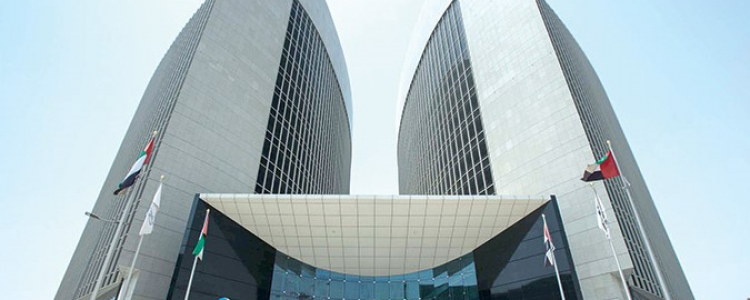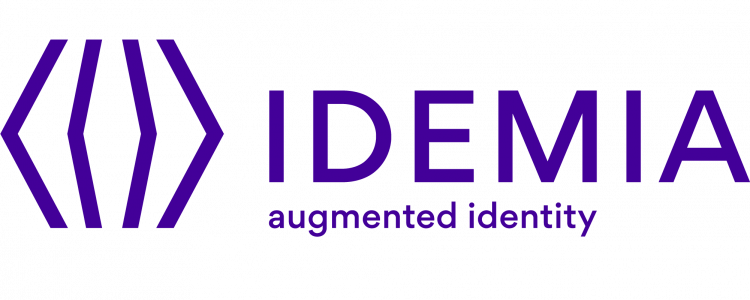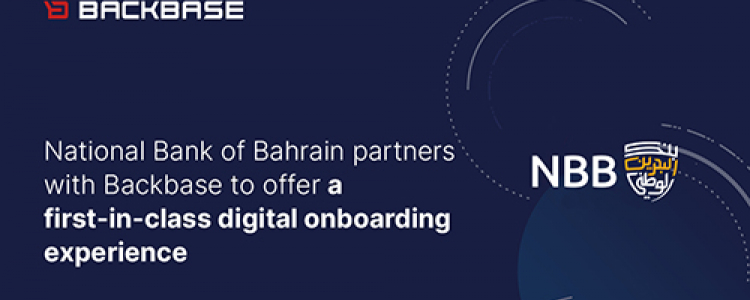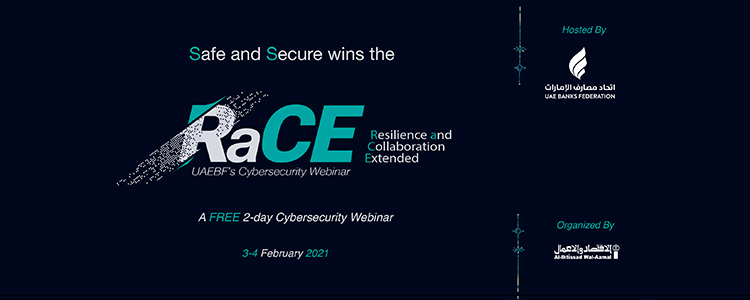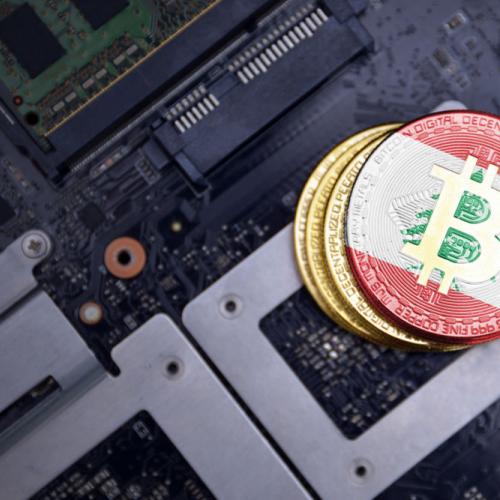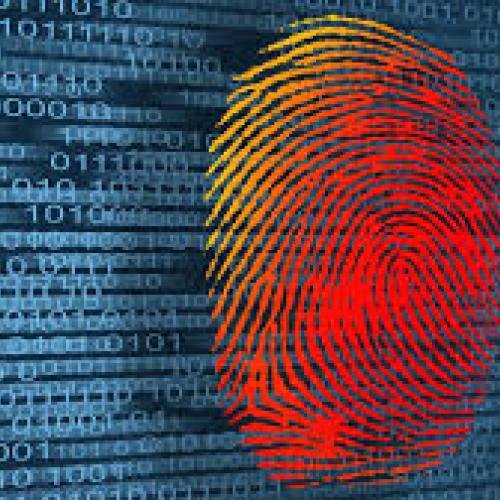
Linking Blockchain and Security
I think that the internet may be entering another era or an upgrade based on the Blockchain technology.
“Obviously a closed platform is a serious brake on innovation.” - Sir Tim Berners-Lee, inventor of the World Wide Web.
I think that people should be taking the Blockchain technology more seriously. Blockchain emerged in the wake of the global economic crisis when a pseudonymous person or persons named Satoshi Nakamoto released a new protocol for “A Peer-to-Peer Electronic Cash System” using a cryptocurrency called bitcoin.
Blockchain technology is enshrined in the idea of re-engineering the entire structure of the Internet as we know it, from a centralized client/server model to a decentralized model that does not rely on specific servers.
Financial players are the first movers to capitalize on the Blockchain technology even though it is still in its early stage. A study by the World Economic Forum predicts banks and regulators around the world are poised to experiment multiple Blockchain prototypes in 2017. With 90+ central banks engaged in Blockchain discussion globally, 2500+ patents filed over the last three years and 80% of the banks predicted to initiate Blockchain and distributed ledger technology (DLT) projects by 2017; the Blockchain technology is on its course to become the new normal in the world of financial services. Many companies, from a plethora of non-financial services industries like telecom, healthcare and life sciences, travel and hospitality, energy, and cyber security expert are also keeping a close watch on the potential Blockchain use cases to disrupt their traditional business models positively.
What does Cyber Security have to do with Blockchain?
Cybersecurity professionals are in an endless battle against the growing threats of ransomware, distributed denial of service (DDOS) attacks, and other cyber-related risks, which have practically tripled over the previous year.
Cybersecurity has been a hot-button issue in 2016 and hacking dominated the information security news in 2017, but why not utilize the features of the Blockchain whereby we can enhance Cyber Security?
DDOS Attacks
The most recent DDoS attacks have been observed to hijack connected devices such as webcams, baby phones, routers, vacuum robots, etc. to launch their attacks.
In October 2016, the Mirai botnet, comprising around 100,000 IoT devices, took down numerous popular websites (Twitter, GitHub, Amazon, etc.) in a massive DDoS attack (1.2 TBPS) against the DNS provider Dyn.
Blockchain technology could enable the creation of IoT networks that are peer-to-peer (P2P) and trustless, the IoT devices are part of a P2P network, the attacker’s Command & Control server will not be able to gain access to publish the DDoS attack instructions. Hence, a rogue device will not be able to be controlled by the botmaster to conduct DDoS attacks.
What can the Blockchain do to prevent DDoS attacks?
- To address the type of DDoS attack on the DNS servers at Dyn, the Blockchain technology could be the basis for a decentralized DNS naming system; unlike today's DNS primarily remains a centralized (on servers) one-to-one mapping of IP addresses to domain names. Thus, there would be no single point of failure (i.e. no DNS servers) and hence no possibility of a DDoS attack. This concept is not just a construct of an idea, but there are companies such as Blockstack, Namecoin, Nebulis, and many others that are currently working towards building such a decentralized DNS system.
- If a node is taken down, data is still accessible via other nodes within the network, since all of them maintain a full copy of the ledger at all times.
- The Blockchain technology is enshrined in the idea the can re-engineer the entire structure of the Internet as we know it, from a centralized client/server model to a decentralized model that does not rely on specific servers.
Ransomware
Ransomware is a category of malicious software (“malware”) that encrypts a user’s disk drives and demands some form of compensation in return for the critical data held hostage.
When leveraging Blockchain technology for data systems using sensitive data is that each computer (or node) in a specific Blockchain network has its own copy of the database.
Blockchain solution is decentralized, in which there wouldn’t be a single copy of data to be held to ransom, but data could be safely accessed from a range of privileged clients.
Additionally, Blockchain is immutable or in other words tamper-proof. When data is written to a Blockchain, no one, not even a system administrator, can change it. This provides benefits for audit.
Goodbye Fraud?
The Blockchain protects users without needing to upgrade your system. It is a more cost-effective way of protecting yourself.
What are we anticipating for the year 2018?
Blockchain technology is not only expected to affect banking and finance industry processes significantly but also has the potential to provide the technological basis and features to make many aspects of everyday “technological life” more secure and more accessible.
I think that 2018 is going to be a crucial year for the Blockchain technology whereby I can imagine how many startups will start generating revenue by providing products the market demands. I can see 2018 a year of “Blockchain Implementation” of multiple useful products and fewer critics that say that the Blockchain is a bubble that is about to burst. I agree that the Blockchain is no hocus pocus magic potion but disagree with the criticism around it. Patience is a virtue, let us wait and anticipate.
When the Blockchain starts to improve both people and business’ lives, everyone will start adapting to the change the Blockchain technology has to provide in features and functionality.



